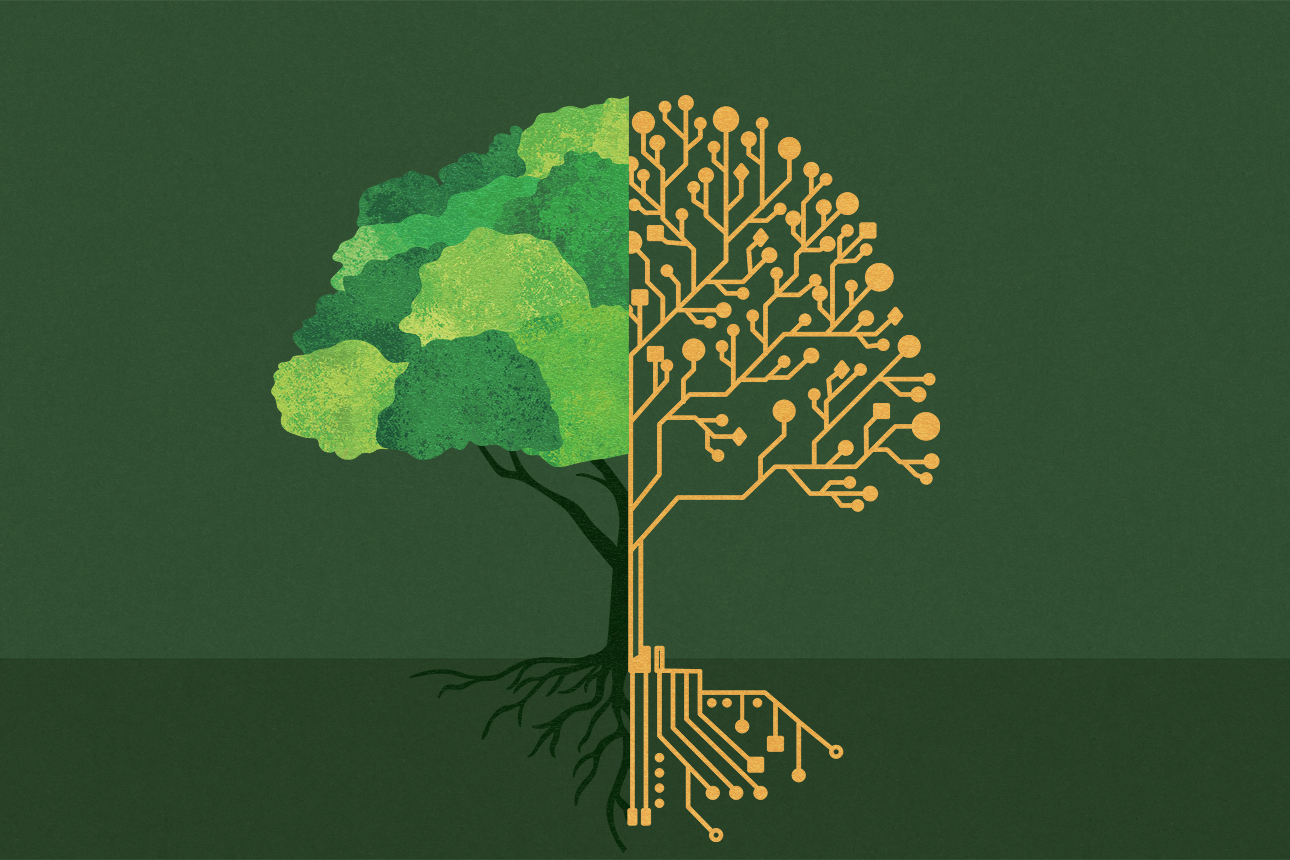Meta has unveiled plans to build a 5GW data centre in Louisiana, part of a significant expansion of its AI infrastructure. CEO Mark Zuckerberg said the Hyperion complex will cover an area nearly the size of Manhattan, with the first 1.5GW phase expected online in 2026.
The company is also constructing a 1GW cluster named Prometheus in US, Ohio, which combines Meta-owned infrastructure with leased systems. Both projects will use a mix of renewable and natural gas power, underlining Meta’s strategy to ramp up compute capacity rapidly.
Zuckerberg stated Meta would invest hundreds of billions of dollars into superintelligence development, supported by elite talent recruited from major rivals. He added that the new data centres would offer the highest compute-per-researcher in the industry.
Amidst growing demand, Meta recently sought $29 billion in financing and secured 1GW of renewable power. Yet the expansion has raised environmental concerns, with one data centre in Georgia reportedly consuming 10% of a county’s water supply.
Would you like to learn more about AI, tech and digital diplomacy? If so, ask our Diplo chatbot!










